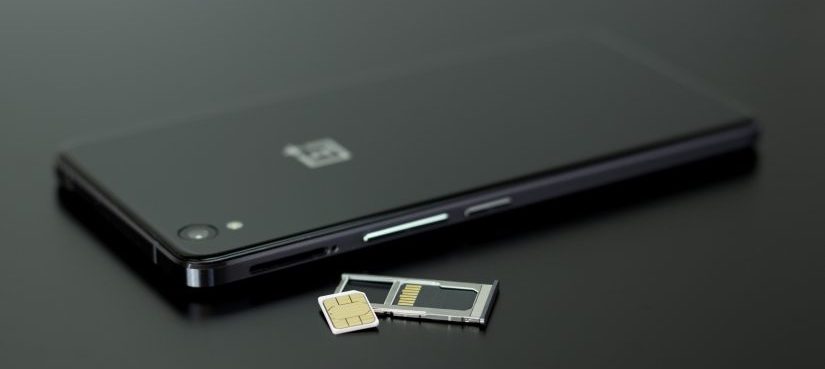Food-writer and campaigner, Jack Monroe, has become the latest high-profile victim of a SIM-swap scam, losing over £5,000 from both her PayPal and bank accounts to a criminal who intercepted SMS authentication codes. The Payment Services Directive requires that fraud victims get their money back, but banks act slowly and sometimes push the blame onto the victims. When (as I hope it will) the money does eventually get reimbursed, she’s still unlikely to get compensation for any consequential losses, nor for the upset caused. It’s no surprise that this experience has been stressful for Jack, as it would be for most people in her situation.
I am, of course, very sympathetic to victims of SIM-swap fraud and recognise the substantial financial costs, as well as the sense of violation that results. Naturally, fingers are being pointed at the phone companies and followed up with calls for them to do better identity checks before transferring a phone number to a new SIM card. I think this isn’t entirely fair. The real problem is that banks and other payment service providers have outsourced authentication to phone companies, without ensuring that the level of security is appropriate for the sums of money at risk. Banks could have chosen to distribute authentication devices and find a secure way to re-issue ones that are lost. Instead, they have pushed this task to unwitting phone companies, and leave their customers to pick up the pieces when things go wrong, so don’t have an incentive to do better.
More secure SMS authentication
But what if phone companies did do a better job at handing out replacement SIM cards? Maybe the government could push them into doing so, or the phone companies might just get fed up with the bad press. Phone companies could, in principle, set up a process for re-issuing SIM cards which would meet the highest standards of the banking industry. Let’s put aside the issue that SMS was never designed to be secure, and that these processes would put up the cost of phone bills – would it fix the problem? I would argue that it does not. Processes good enough for banking authentication could lock people out of receiving phone calls, and disproportionately harm the most vulnerable members of society.
